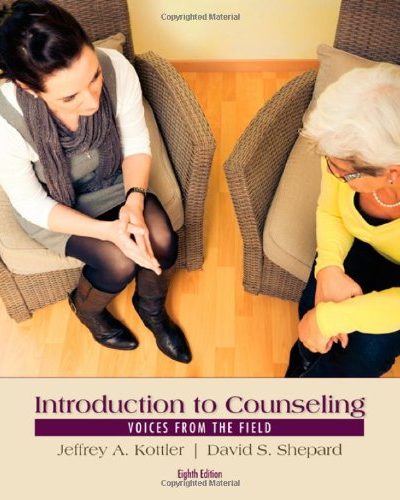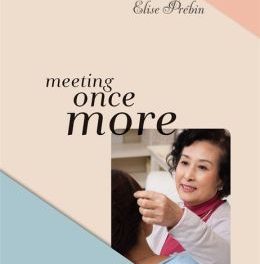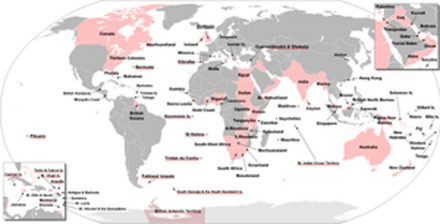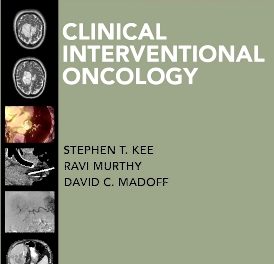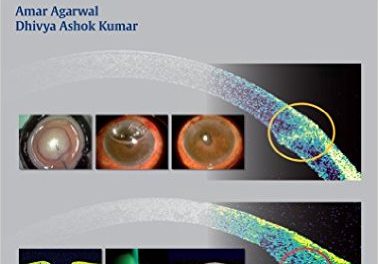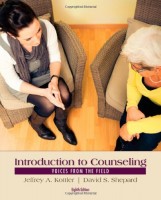 Editors: Jeffrey A. Kottler and David S. Shepard
Editors: Jeffrey A. Kottler and David S. Shepard
Publisher: Cengage Learning – 536 pages
Book Review by: Paiso Jamakar
Jeffrey Kottler and David Shepard wrote this book to offer a unique student-centered approach to the study of counseling, both to those who are intending to make it their career, as well as others who want to possibly consider this profession by discovering what counseling is all about.
The authors lament that most books on counseling lack the “personalized warmth and sensitivity that is the basis of our profession.” They write that very often, “education emphasizes theoretical knowledge and scholarly inquiry to the exclusion of student involvement.”
Their book covers the following aspects of the profession of counseling that are organized around four Parts and 15 chapters:
- The Professional Counselor
- What Counseling Is and How It Works
- Foundations of Counseling
- Settings for Counselors
- The Therapeutic Relationship
- Counseling Approaches
- Insight-Oriented Approaches
- Action-Oriented Approaches
- Integrating Theory and Counseling Skills
- Assessment, Testing, and the Diagnostic Process
- Counseling Applications
- Group Counseling
- Family, Couples, and Sex Counseling
- Career Counseling
- Neuroscience, Addictions Counseling, and Psychopharmacology
- Counseling Diverse Clients
- Professional Practice
- Ethical and Legal Issues
- Toward Closure: Advice for the Passionately Committed Counseling Student
On the beginning page of each chapter you will find a list of Key Concepts that you the student is expected to learn the meaning of, understand fully, and be able to define. At the beginning of each chapter
Spread generously throughout each chapter are boxes entitled Voice From the Field. These are personal insights of people who are counselors, or are in the ‘helping’ professions. There are about 150 of these throughout the book.
The authors’ purpose in offering these tidbits to students of counseling, especially to those considering counseling as a career, is to add an element of humanity. It is also intended to share with readers the rich variety of experiences of counselors, and their diverse views on a wide range of issues.
At the end of the discussion of topics in each chapter, you will find the following features that help you remember and retain what you learned, and explore other sources of learning:
- Summary
- Self-Guided Explorations
- For Homework
- Suggested Readings
This is a great book on counseling and different from others in that is addressed personally to students and also that it relates to real life with its unique feature Voice From the Field.
Jeffrey A. Kottler has authored over 80 books in the field for counselors, teachers, therapists, and the public. Jeffrey has worked as a teacher, counselor, and therapist in a preschool, middle school, mental health center, crisis center, university, community college, and private practice. He has served as a Fullbright Scholar and Senior Lecturer in Peru and Iceland, teaching counseling theory and practice.
He has also served as a visiting professor Australia, Hong Kong, Nepal, and New Zealand. He is currently Professor of Counseling at California State University, Fullerton, and President of Empower Nepali Girls (www.EmpowerNepailGirls.org), an organization that provides educational scholarships for at-risk girls in Nepal.
David A. Shepard has been practicing as an individual and couples counselor in the Los Angeles area for over two decades, working with the full range of issues clients bring to counselors, including adjustment problems, relationship issues, struggles with substance abuse, depression, anxiety, and personality disorders. Prior to his counseling career, David worked as a screenwriter in the film and television industry, where he specialized in children’s animation.
He is currently Associate Professor of Counseling at California State University, Fullerton, where he does research on men’s issues in counseling, couples counseling, and the use of creativity in counselor education. In addition to numerous book chapters and articles, he is the coeditor (with Michele Harway) of Engaging Men in Couples Therapy. He is also co-director of the Center for Boys and Men at California State University, Fullerton.

